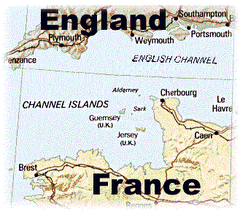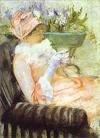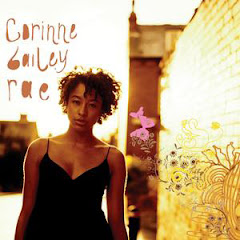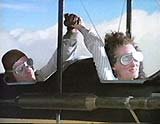
I couldn't resist sharing some educational and humorous light on this wonderful English Tradition especially for my American and Non English friends!!! (Actually some very dear American friends of mine not only make a wonderful cup of tea, but know how to appreciate it as well!)

There is a very simple principle to the making of tea and it's this - to get the proper flavour of tea, the water has to be boiling (not boiled) when it hits the tea leaves. If it's merely hot then the tea will be insipid.
That's why we English have these odd rituals, such as warming the teapot first (so as not to cause the boiling water to cool down too fast as it hits the pot). And that's why the American(or non English) habit of bringing a teacup, a tea bag and a pot of hot water to the table is merely the perfect way of making a thin, pale, watery cup of tea that nobody in their right mind would want to drink.
The Americans are all mystified about why the English make such a big thing out of tea because most Americans have never had a good cup of tea. That's why they don't understand. In fact the truth of the matter is that most English people don't know how to make tea any more either, and most people drink cheap instant coffee instead, which is a pity, and gives Americans the impression that the English are just generally clueless about hot stimulants.
 Thomas DeQuincy (1875-1959) Confession of an English Opium Eater Tea, though ridiculed by those who are naturally coarse in their nervouse sensibilities... will always be the favored beverage of the intellectual.
Thomas DeQuincy (1875-1959) Confession of an English Opium Eater Tea, though ridiculed by those who are naturally coarse in their nervouse sensibilities... will always be the favored beverage of the intellectual.
The socially correct way of pouring tea is to put the milk in after the tea. Social correctness has traditionally had nothing whatever to do with reason, logic or physics. In fact, in England it is generally considered socially incorrect to know stuff or think about things.
Dr. George Orwell has written an article, naming 10 points he considers important in achieving the perfect cup of tea and I wanted to add his final points to compliment the already quality educational insight I have shared until now:

- Tenthly, one should pour tea into the cup first. This is one of the most controversial points of all; indeed in every family in Britain there are probably two schools of thought on the subject. The milk-first school can bring forward some fairly strong arguments, but I maintain that my own argument is unanswerable. This is that, by putting the tea in first and stirring as one pours, one can exactly regulate the amount of milk whereas one is liable to put in too much milk if one does it the other way round.
- Lastly, tea — unless one is drinking it in the Russian style — should be drunk without sugar. I know very well that I am in a minority here. But still, how can you call yourself a true tea lover if you destroy the flavour of your tea by putting sugar in it? It would be equally reasonable to put in pepper or salt. Tea is meant to be bitter, just as beer is meant to be bitter. If you sweeten it, you are no longer tasting the tea, you are merely tasting the sugar; you could make a very similar drink by dissolving sugar in plain hot water.
Some people would answer that they don't like tea in itself, that they only drink it in order to be warmed and stimulated, and they need sugar to take the taste away. To those misguided people I would say: Try drinking tea without sugar for, say, a fortnight and it is very unlikely that you will ever want to ruin your tea by sweetening it again.
The above has provided great insight about the tradition and technicalities into the
art of tea making, but I believe there are still some outstanding points that need to be mentioned so that our tea drinking is the complete an enriching experience it should be!
Henry James There are few hours in life more agreeable than the hour dedicated to the ceremony known as afternoon tea.
There are few hours in life more agreeable than the hour dedicated to the ceremony known as afternoon tea. Having a cup of tea must be accompanied by a break in activity. One must sit down and relax. If tea is to be enjoyed, it must one´s focus of attention. It can only be shared by one thing: good company, This is the other axis to the tea experience. Good friends, sitting down with a few minutes of relax time and this is tea par excellence!
I once said that an invitation to a cup of tea is the invitation for friendship. It says, you are valuable to me, let´s spend some time together. If the tea is a"nice cup of tea" then the ensemble is complete and the experience thoroughly enriching!

~Catherine Douzel
Each cup of tea represents an imaginary voyage.
I thank God that I have good friends (Americans , English and non-English!!) who have learned to appreciate a good cup of tea and accept the invitation of friendship. I do believe that drinking tea is one of the few remnants left in me of my English upbringing! Maybe that is why embrace it so dearly!
Colley Cibber (1671-1757)
The Lady's Last Stake, Act 1, Scene 1

Tea! thou soft, sober, sage and venerable liquid;
- thou female tongue-running, smile-smoothing,
heart-opening, wink-tippling cordial,
to whose glorious insipidity I owe the happiest moments of my life.
 One day a farmer´s donkey fell into a well. The animal cried piteously for hours as the farmer tried to figure out what to do.
One day a farmer´s donkey fell into a well. The animal cried piteously for hours as the farmer tried to figure out what to do.














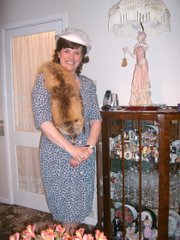

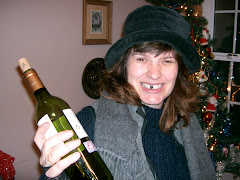




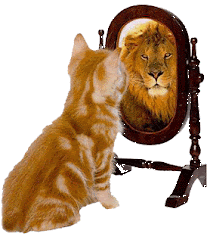


+(2).jpg)







